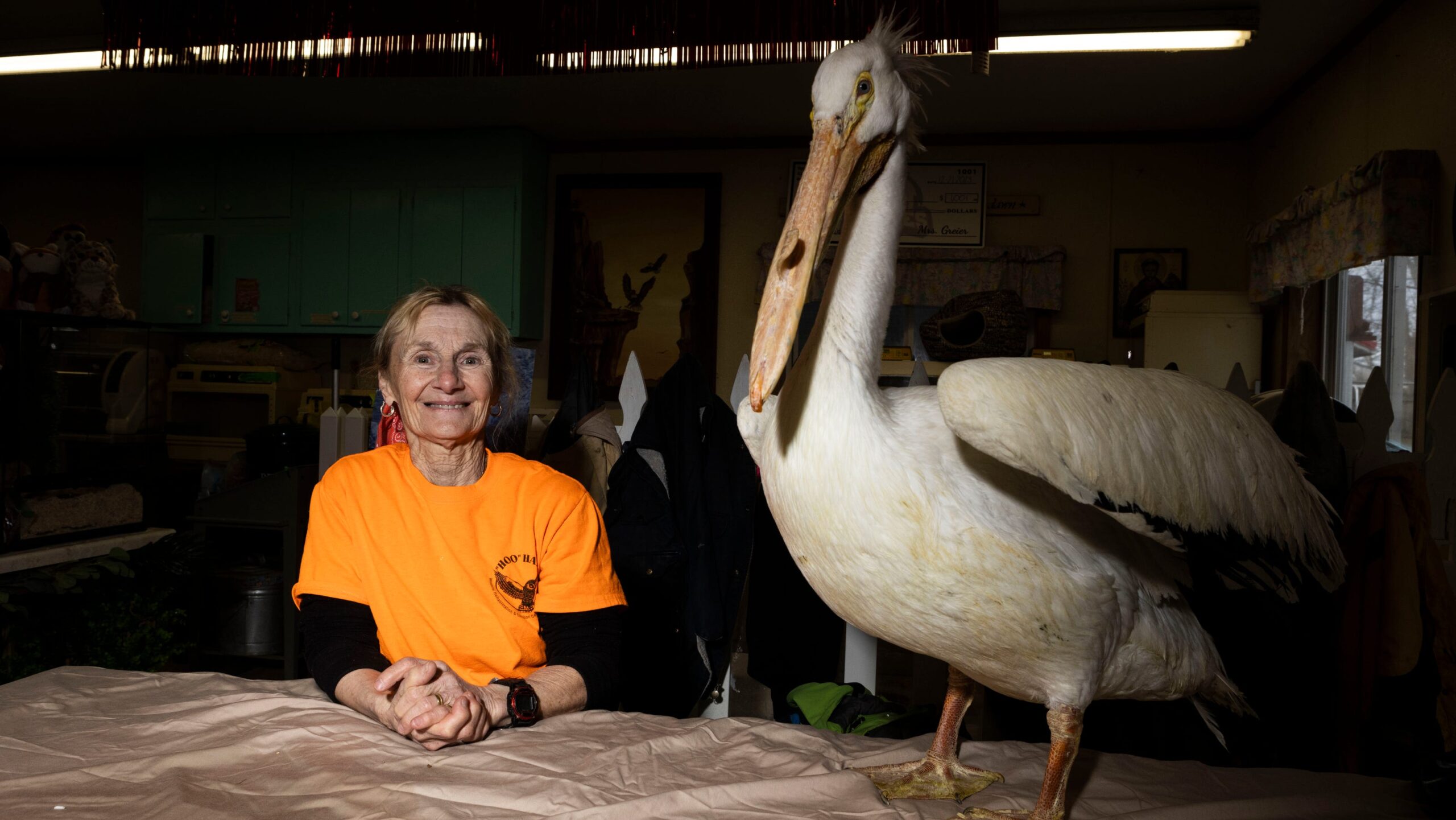
Spring is fast upon us.
For animal lovers like myself, the season often comes too soon and is nearly always filled with dread because the warming months are typically the busiest for animal rehabilitators and wildlife fosterers.
Not only do we see an uptick in orphaned or injured babies needing assistance, but adult animals busy providing care for their young ones often fall to life-threatening injuries as well.
This is why wildlife sanctuaries, such as Hoo Haven, based near Rockford and of which I am affiliated, are often unable to assist individuals with the care or treatment of an injured animal — they are simply swamped in the care of what they already have on hand.
Given this reality, it’s important to highlight a few things we all can do to prevent and/or limit injuries and even deaths to our fine feathered, furred and scaled friends.
Get horny
In other words, be ready and willing to use your horn to alert an animal to your presence. Then be prepared to react to their reaction. That often entails the need to stop.
Drive slower
Especially at night when our vision is curtailed. I typically drop back by 10 mph this time of the year, even during daylight, just to give myself a better opportunity to react to a critter on the road.
And be prepared for the crossing of more than one animal. I always assume that if one deer crosses in front of me, at least one more is sure to follow. And you can bet that rabbits and other more solitary animals are odds-on favorites to return to the safety of where they were rather than risk the potential perils of the unknown, just across the street.
Have gloves or a shovel in your vehicle
Using either gloves or a shovel to remove and relocate a dead animal from the road not only shows respect for a life that one of our fellow drivers ended but provides scavenging animals, such as turkey vultures and bald eagles, a safe zone to feed.
It sounds gruesome, but even our most fearsome predators are opportunists at heart. Scavenging entails much less risk than hunting.
Take responsibility for injured wildlife
They need your help. First thing is to get the animal safe and warm. Then, if possible, get online to see what can be done immediately to save the animal. There are literally hundreds of websites available to help you, such as hoohaven.org.
Once stabilized, please call a reputable wildlife rehabber or sanctuary. And please don’t be afraid to donate a little money if and when you can. Rescuing and rehabilitating animals ain’t cheap.
John Jankowski, Stockton
